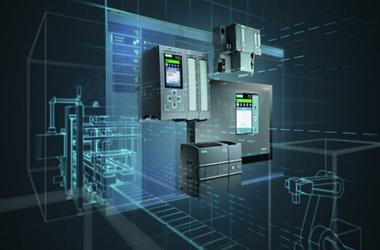服務器Server和客戶端Client有什麼區別?
For example, when using TCP communication to establish a connection, the client server mode is adopted. This mode is often called the master-slave architecture, or C / S structure for short. It belongs to a network communication architecture, which distinguishes the two sides of communication by the identity of client and server. Communication using C / S structure is also common S7 communication, ISO on TCP communication.
The characteristics of the server: passive role, waiting for the connection request from the client, processing the request and returning the result.
Characteristics of client: active role, sending connection request and waiting for response from server.
Port: refers to the logical number used to distinguish different services. The port number ranges from 0 to 65535. Ports in the range of 2000-5000 are usually used for open Ethernet communication of Siemens equipment.
When the client side configures the TCP connection, the server IP address and port number must be set. If the port number used by the client is not specified clearly, it will be automatically assigned by the device.
When configuring TCP connection on the server side, the port number used by the server must be set. The client IP address and port number are optional.
103.png
Figure 1 setting of TCP server side connection parameters in TIA software
104.png
Figure 2 setting of TCP client side connection parameters in STEP7 V5. X software

